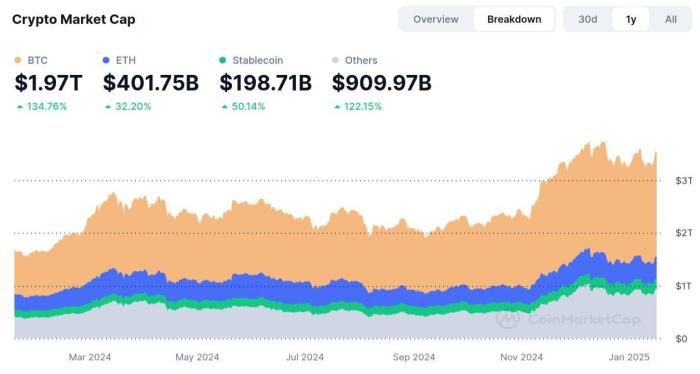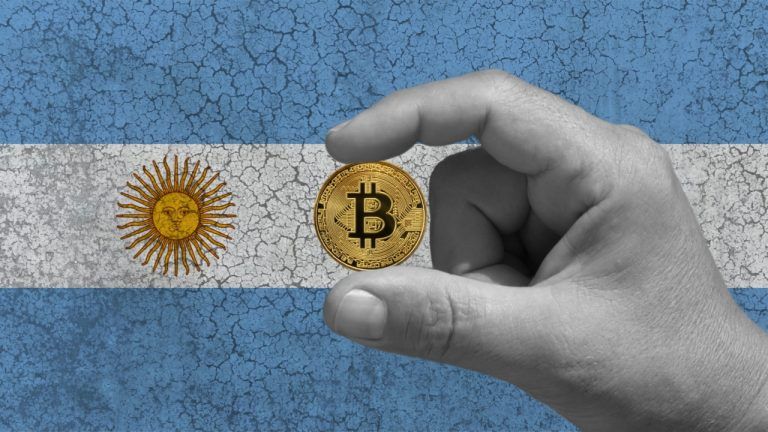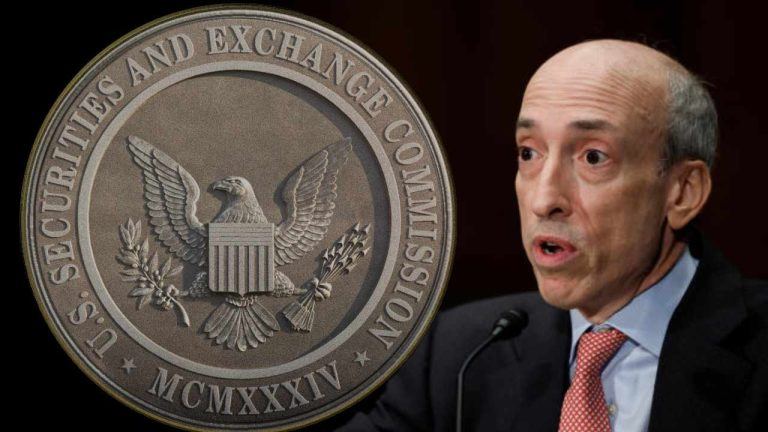A decentralized autonomous organizations (DAO) is an organization that is managed by a computer program powered by blockchain and run by a group of individuals who collectively vote to decide on organizational proposals. Typically, each member’s voting power is determined by their percentage interest in the DAO, which is calculated by dividing the digital assets contributed by a member by the total amount of digital assets in the DAO.
A DAO generally (but not always) operates without the need for a board of directors or other governing body and can provide an effective and (potentially) secure platform to gather individuals and resources to achieve a collective goal.

Many DAOs are formed to make investments. A typical DAO activity starts with investors transferring their digital assets, typically Ether (ETH), to a DAO in exchange for DAO tokens, which usually represent an ownership interest in the DAO. Though, in some cases, DAO tokens do not amount to ownership interest, but merely represent, for example, a right to govern a DAO’s assets, depending on how the DAO defines its tokens.
Related: DAOs are the foundation of Web3, the creator economy and the future of work
Token holders then collectively vote to pick investment proposals submitted by applicants. If the investment is successful, token holders share the resulting profits; if not, they share the losses. When properly operated, the above activities can be achieved, without human intervention, by computer code known as a “smart contract.”
Tax classification of DAOs
Although a DAO seems like a cyber creation without any formal character, it can still be an entity for tax purposes. In the United States, for example, the tax regulations provide that a joint venture or other contractual arrangement may create a separate entity if the participants “carry on a trade, business, financial operation, or venture and divide the profits therefrom.” (By contrast, mere co-ownership of property that is maintained, kept in repair, and rented or leased does not constitute a separate entity for tax purposes.)
Thus, to the extent that a DAO is created by investors who intend to vote and opt for investment proposals, contribute funds for investment, and share the profits, the DAO may be a separate tax entity. Some DAOs formed for purposes other than carrying on a trade or business and making profit, such as a DAO created for raising funds to purchase a copy of the U.S. Constitution, are likely not considered tax entities.
Related: Crypto in the crosshairs: US regulators eye the cryptocurrency sector
Once a DAO is determined to be a separate tax entity, the next question is: How should this DAO be classified for tax purposes? The two general types of classifications are corporation or partnership. When a business entity has two or more members with unlimited liability, the default classification is partnership.
Another consideration to examine is whether the DAO is domestic or foreign. The term “domestic” means created or organized in the U.S. or under the law of the U.S. or any state. By contrast, the term “foreign” means any corporation or partnership that is not domestic. Because DAOs typically exist solely on the blockchain and do not register with any state secretary, DAOs, perhaps surprisingly, could potentially be classified as a foreign partnership for tax purposes — even in situations where all DAO owners are U.S. tax residents. A foreign partnership may have different reporting obligations than a domestic partnership but, like a domestic partnership, the partners must annually report their share of the partnership’s income and losses — even if the partnership doesn’t make a distribution.
A DAO could potentially be classified as a foreign publicly traded partnership (PTP) if the DAO’s tokens are traded on “a secondary market (or the substantial equivalent thereof).” Because the U.S. Internal Revenue Service allows the use of crypto exchanges for determining fair market value, such exchanges may be considered secondary markets or the substantial equivalent. In which case, the DAO would be classified as a foreign PTP, which is actually taxed as a foreign corporation.
Related: Things to know (and fear) about new IRS crypto tax reporting
Unlike partnerships, the income and losses of foreign corporations are typically not taxable to its shareholders until the corporation pays a dividend. However, if the DAO qualifies as a passive foreign investment company, the U.S. token holders would be subject to punitive results, including ordinary income taxation on gains and dividends, plus an interest charge. If the DAO’s only assets consist of tokens, it may be a passive foreign investment company, requiring regular reporting to the U.S. holders.
New DAO state legislation
Aside from tax, investors have had growing concerns about the legal liability resulting from their investments in DAOs (i.e., their personal assets could be put at risk for any lawsuits or debts of the DAO). As a result, two states Vermont and Wyoming, have allowed DAOs to register in their states as DAO LLCs which, like regular LLCs, provide the benefit of limited liability for the DAO members.
From a tax perspective, a DAO LLC, because it is registered under state law, may be treated as a domestic partnership for tax purposes. Although better for legal reasons, this may be detrimental for the U.S. partners, who must report their share of the DAO’s income and losses — regardless of whether the DAO makes a distribution. However, it may be possible for a DAO LLC to elect to be treated as a domestic corporation for tax purposes, which on the one hand would prevent passthrough taxation, but on the other hand would subject the DAO’s income to U.S. corporate tax.
DAO contributions
The IRS’s view is that, when any token is exchanged for another, it is a taxable event resulting in gain or loss. However, contributions of property to a partnership or corporation in exchange for a partnership interest or corporate stock, respectively, may be tax-free. A DAO token may represent a deemed partnership interest or share of corporate stock to the extent that it confers voting rights and a right to share in the DAO’s profits. Thus, depending on the token properties and DAO classification, it may be possible to argue that a U.S. person recognizes no gain or loss from the contribution of Ether to a DAO in exchange for DAO tokens.
While DAOs present an enormous opportunity to revolutionize the way business is conducted, they also present untested tax complications. We highly recommend consulting a tax advisor before forming or investing in a DAO.
This article was co-authored by Chris Kotarba and Qiaoqi (Jo) Li.
This article is for general information purposes and is not intended to be and should not be taken as legal advice.
The views, thoughts and opinions expressed here are the authors’ alone and do not necessarily reflect or represent the views and opinions of Cointelegraph.
Chris Kotarba is the managing director at Alvarez & Marsal Taxand, LLC in San Jose, California. He specializes in international tax and his primary areas of concentration are planning, structuring, and transfer pricing, both outbound and inbound, for multinational companies of all sizes. He has specialized expertise in transactions involving cryptocurrencies, NFTs, and other digital assets, including ICOs, forks and token swaps.
Qiaoqi (Jo) Li is an international tax associate with Alvarez & Marsal Taxand, LLC in San Jose, California. Her areas of focus include international tax and transactions involving digital assets.

You can get bonuses upto $100 FREE BONUS when you:
💰 Install these recommended apps:
💲 SocialGood - 100% Crypto Back on Everyday Shopping
💲 xPortal - The DeFi For The Next Billion
💲 CryptoTab Browser - Lightweight, fast, and ready to mine!
💰 Register on these recommended exchanges:
🟡 Binance🟡 Bitfinex🟡 Bitmart🟡 Bittrex🟡 Bitget
🟡 CoinEx🟡 Crypto.com🟡 Gate.io🟡 Huobi🟡 Kucoin.




















Comments